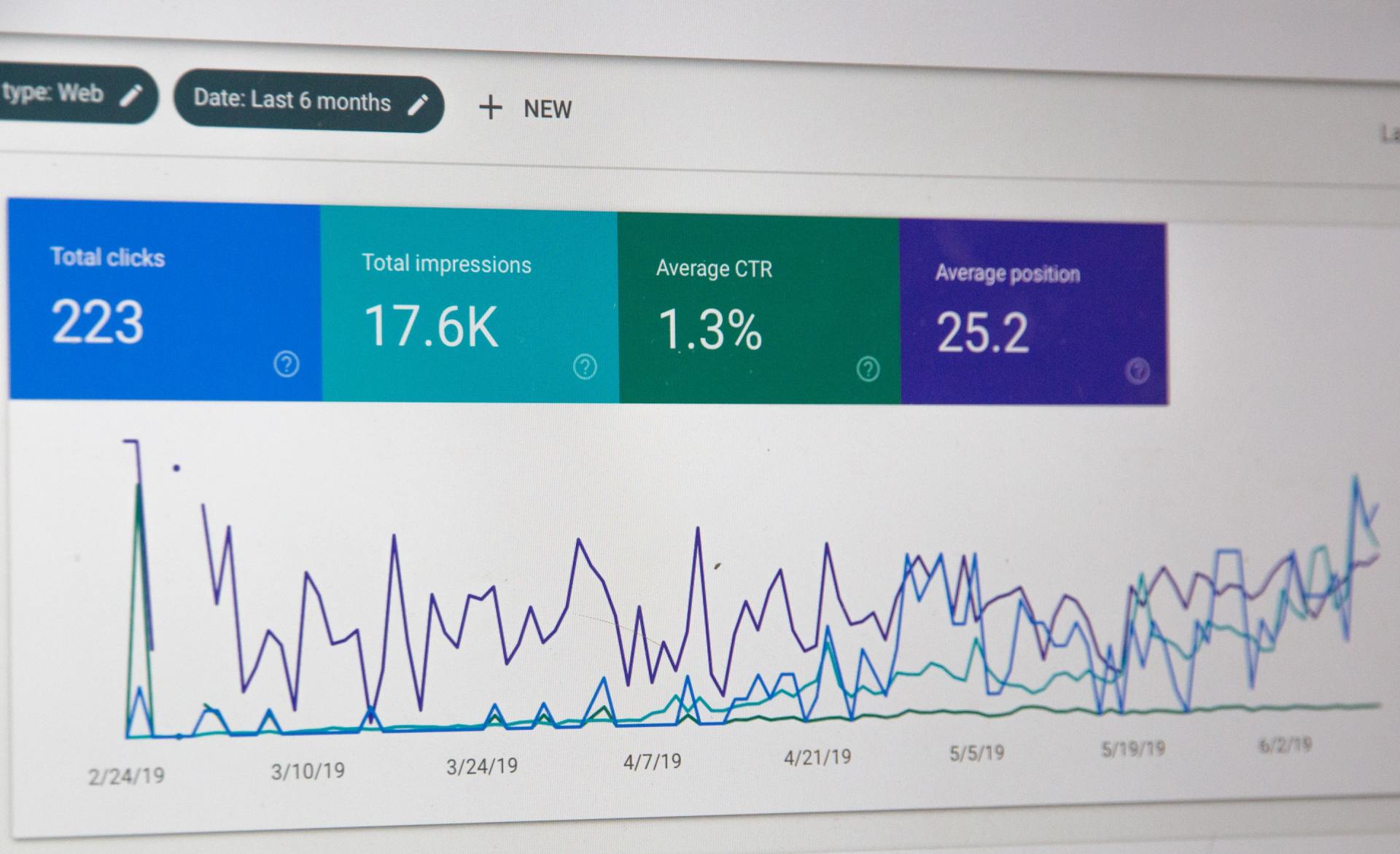First Step in Starting a Business
Salt Creative • Mar 12, 2019
BUSINESS STRUCTURE

The first step to starting a small business is determining the right business structure. Determining business structure is an important decision as structure will influence several factors in how the business is run. Structure determines how taxes will be managed, levels of business formality, and liability for owners. To help determine the business structure, the following four steps provide a guide:
FOUR STEPS TO DETERMINE BUSINESS STRUCTURE
STEP ONE - Answer the following questions to help determine whether the structure will be nonprofit or corporation
:
Question one: will partners be involved in the business?
Question two: if partners will be involved, to what degree will they be involved, in day-to-day decision-making?
Question three: will the business be involved in raising money
?
If you answered yes to raising money, we suggest reviewing the ‘filing a nonprofit structure.’
See description below.
If you plan to add partners in decision-making, establishing a corporation is recommended.
See corporation description below .
Will you be looking to minimize personal risk?
If you answered yes to this question, you will want to keep the business structure simple with yourself and limited partners managing the business. For a simple structure, we suggest reviewing the LLC, which is the most popular form of business structure. The LLC structure
protects owner's personal assets from liability if something goes wrong.
See LLC description below.
STEP THREE - Determine how you plan to handle tax on business profits.
Business structure determines how taxes will be paid. If you plan to become a public serving entity, we recommend reviewing the nonprofit structure, which offers tax exemption by filing 501(c)(3) status (federal tax exemption).
See nonprofit section below.
STEP FOUR - Determine how easy is it to set up and maintain compliance with your state.
Most business structures are relatively easy to set up and maintain. If you are considering a corporation or nonprofit organization, these structures involve more complex factors, and may require advice from an expert or attorney.
To recap, the four most popular business structures include: LLC, corporation, nonprofit, and sole-proprietorships.
LLC - LIMITED LIABILITY COMPANY
The Limited Liability Company
(LLC) is the most popular business structure for entrepreneurs and startups. They are also relatively easy to set up. If you are looking for a simple structure, seek to minimize risk, and are not looking to go public in the future, or offer company shares, we recommend the LLC.
BENEFIT OF LLC STRUCTURES
Liability Protection offer LLC's significantly more protection than Sole Proprietorship’s without having to involve partners; LLC status adds another layer of protection with a corporate veil, which separates you and any existing or potential partners from liability.
What does this mean? The LLC protects owner's personal assets such as homes, cars, cash and property from being subject in a lawsuit (as long as these assets are not tied to your business).
Tax Options - an LLC also offers options and flexibility with filing taxes. The LLC offers a corporate veil, a pass-through tax entity, which means you only getting taxed on money that you personally take out from the LLC (your personal income).
Simple Filing - simple filing offers less extensive paperwork in order to establish and maintain.
Single Membership - most states also allow ‘single member LLC’ status, requiring no partners.
SOLE PROPRIETOR
If you do not intend to have business partners, are providing a product or service to customers, and have not established a legal entity for your business, then your business structure will automatically be ‘ Sole Proprietor.’
A Sole Proprietorship is the simplest form of a business structure. In fact, if you intend to maintain a Sole Proprietorship, you will not have to file any forms to set it up as there are no forms to file.
Keep in mind after filing your Sole Proprietorship, you will need to maintain IRS requirements for LLC and review guidelines for your specific state requirements to maintain compliant.
CORPORATION
A corporation is a more complicated business structure. Setting up the a corporation involves substantial guidelines and parameters, which involve shareholders, a board of directors and corporate officers.
Unlike LLCs, corporations are required to pay corporate taxes, unless they’re granted S-Corp status by the IRS. If you are considering a corporation business structure, we recommend hiring an attorney to help establish your unique needs to ensure everything gets set up correctly.
NONPROFIT ORGANIZATION
Filing a nonprofit structure is much more complex than filing a sole proprietorship, LLC, or corporation. The IRS recognizes nonprofits as viable business entities, therefore, there are complexities involved. The process of setting up a nonprofit typically takes several weeks, if not months, to complete.
To establish a nonprofit organization, completion and submission of the correct forms to both state agencies and the IRS will be required. To attain 501(c)(3) status, or federal tax exemption, nonprofits are required to meet specific criteria and maintain these guidelines over time.
As many nonprofit organizations become established to support complex causes, and to accomplish initiatives on behalf of causes, such as adoption, child services, education, healthcare, environmental protection, learning initiatives or religious purposes, managing the structure can be complex.
Four Primary Nonprofit Corporation Structures
Member Serving Nonprofit - to be considered a member serving nonprofit organizational structure the organization must be formed as a co-op, trade union, credit union, mutual society, industry associations, or sports club, to benefit a specific group of people.
Community Serving Nonprofit - To be considered a Community Serving Nonprofit, the sole purpose of the organization must be to serve medical research, human service programs, education, health services, and other resources specific to a certain community or geographic area.
Private Foundations - to be considered a private foundation, this structure must derive primary financial support from contributions of individuals, a family, or a corporation. Foundations are subject to more restrictive governing rules and operational guidelines.
Public Charity - to be considered a public charity, an organization must receive at least 1/3 of its annual income from a public entity, unit of government, or organization formed specifically to raise funds for schools, hospitals, governmental units or publicly supported charities.
OTHER KEY TERMS:
DBA (Doing Business As) - the DBA isn’t a business structure, as it offers the ability to legally conduct business under an alternative name. Established LLCs and corporations may file multiple DBAs, offering the ability to remain relevant by rebranding to reach a new markets.
*This article is meant to be informational and not meant to provide legal advice on establishing a business structure. For legal advice, we recommend contacting a business attorney in your state. For further information, review your state’s SBA, the IRS website and other business resources specific to your state.







